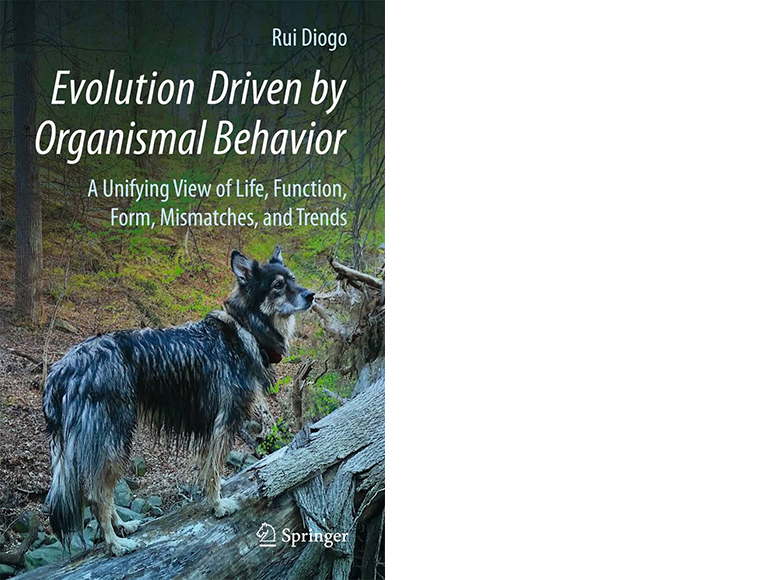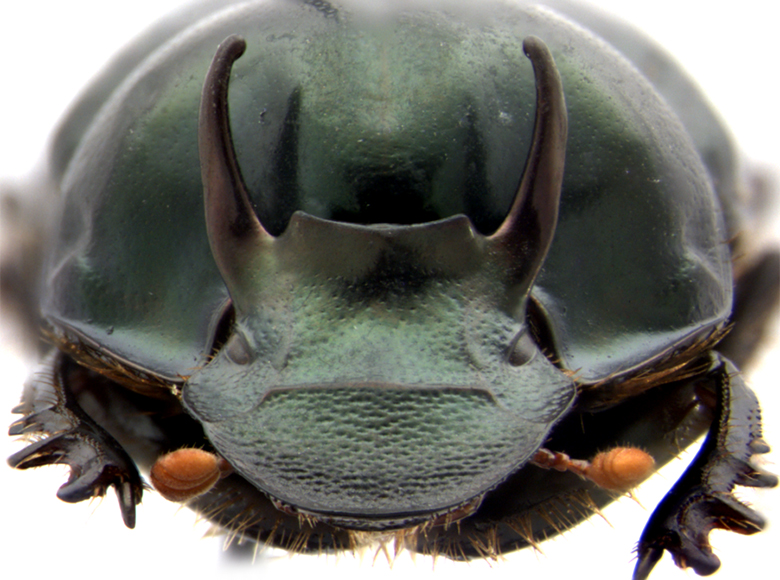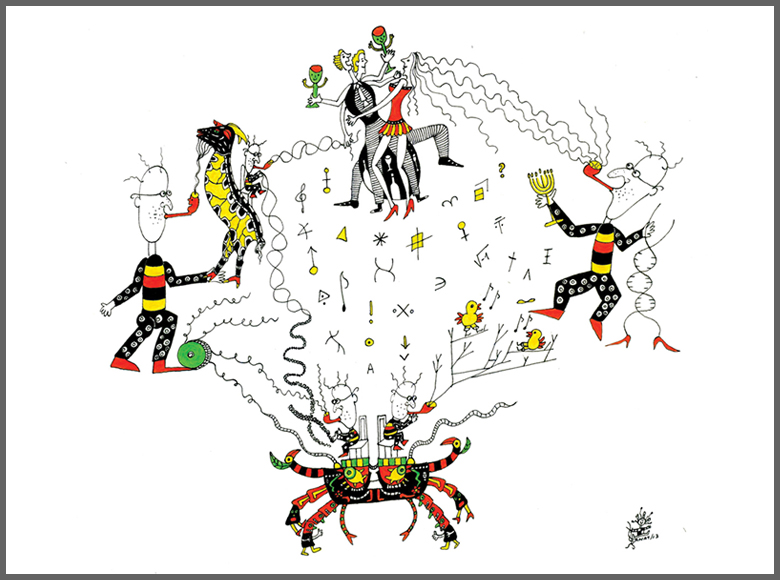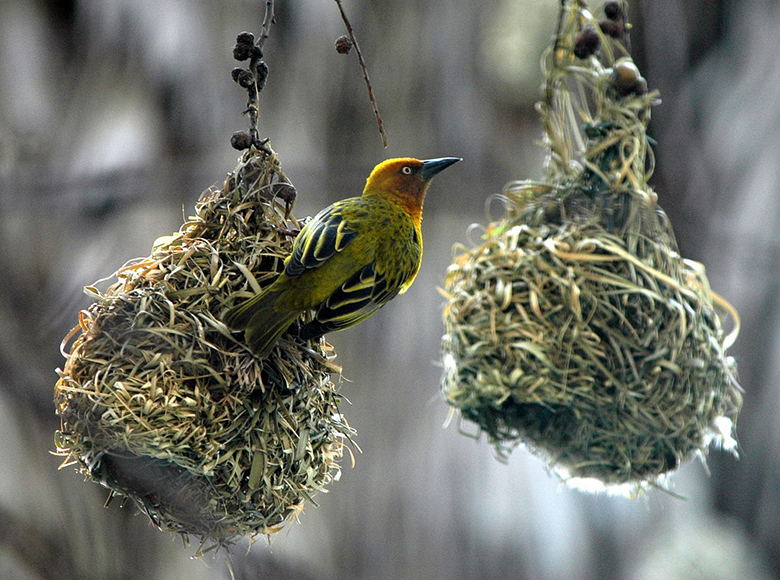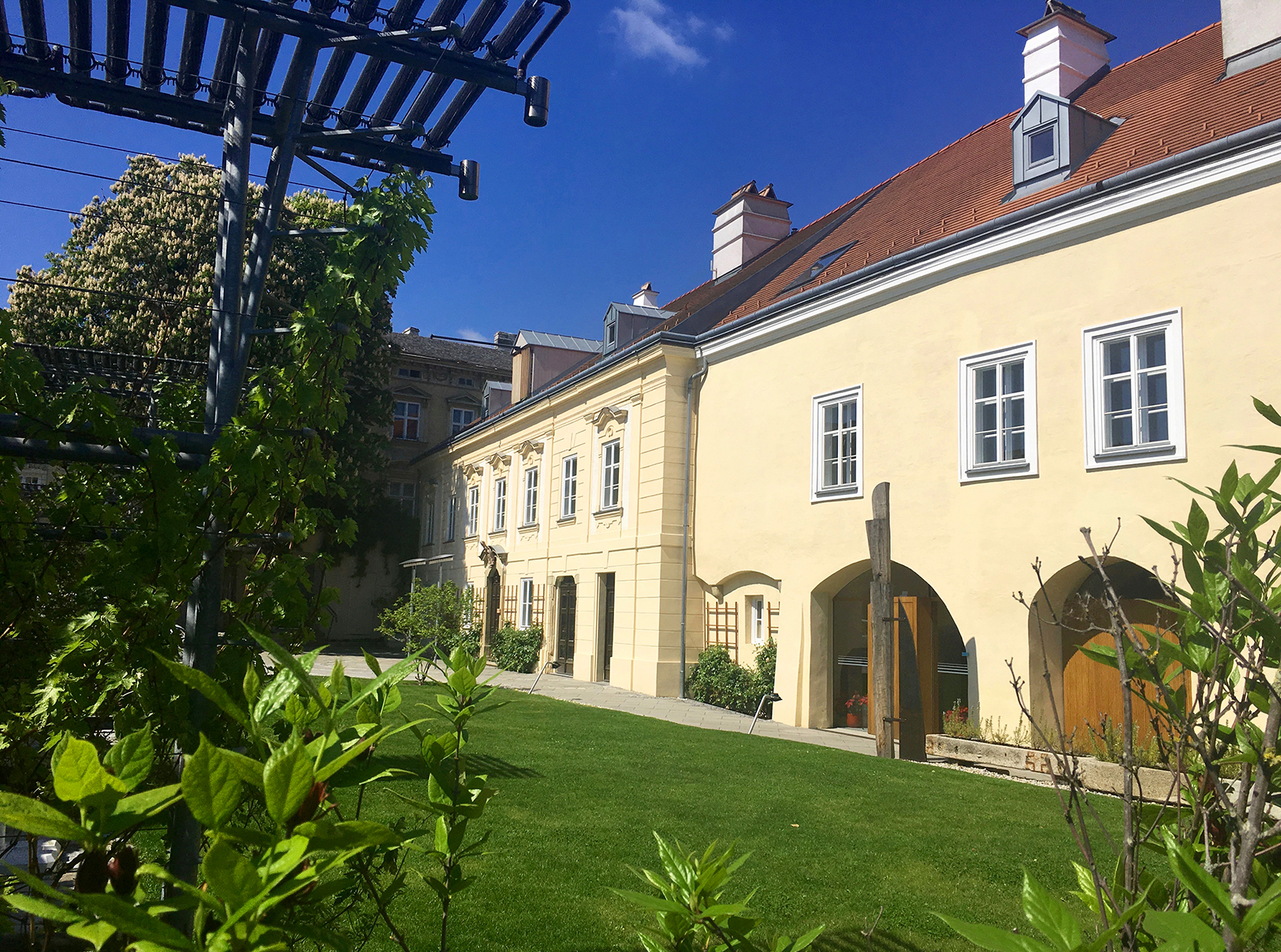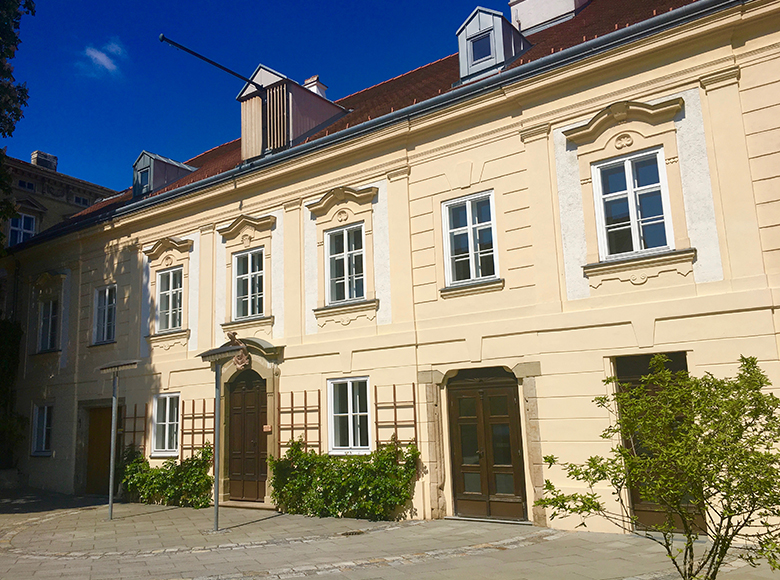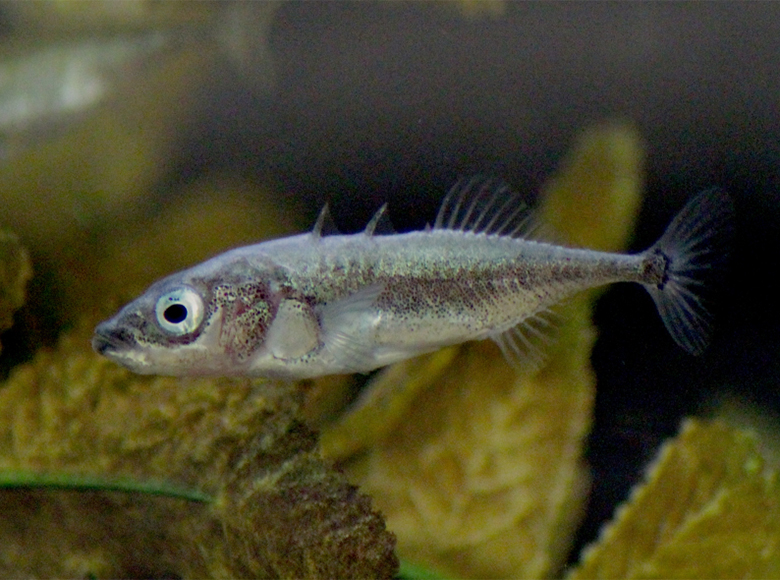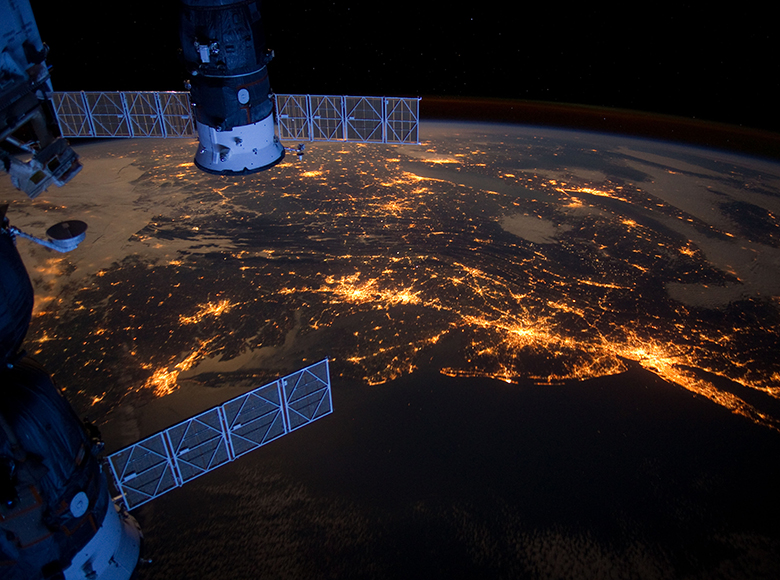Evolution Driven by Organismal Behavior
by Rui Diogo
In my latest book, Evolution Driven by Organismal Behavior, I present the theory of Organic Nonoptimal Constrained Evolution – or ONCE. It argues that evolution is mainly driven by the behavioral choices and persistence of organisms themselves, in a process in which Darwinian natural selection is a secondary – but still crucial – evolutionary player.
read more